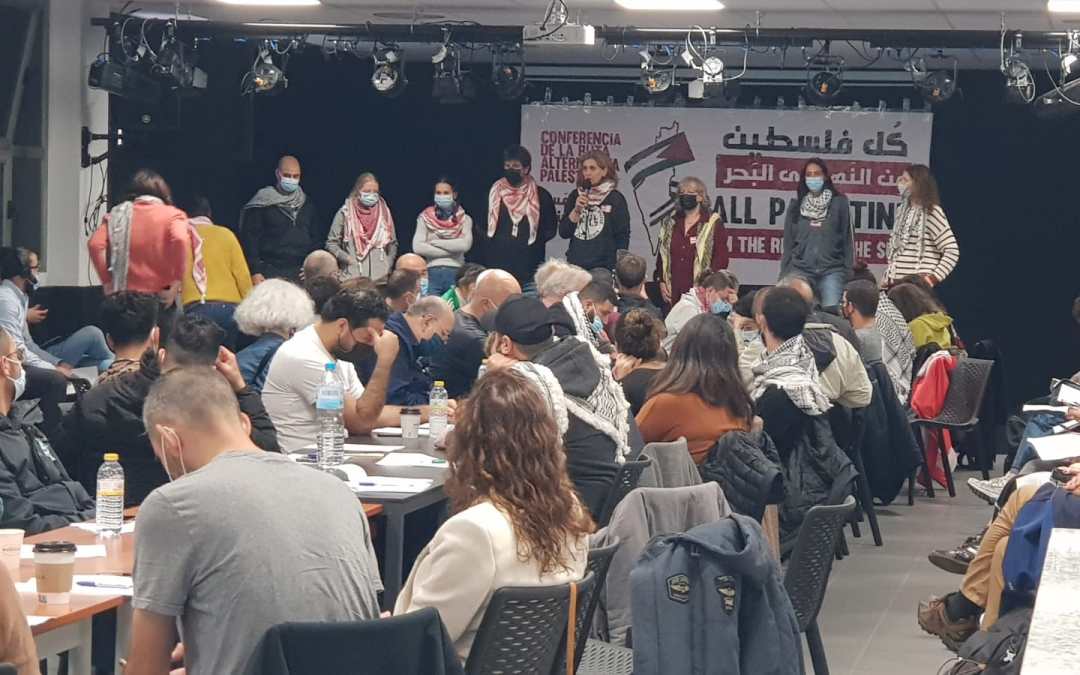Ever wondered what masar badil truly means and why it's such a big deal? Well, buckle up because we're diving deep into this fascinating topic that has roots in tradition, culture, and modern relevance. Whether you're exploring it for personal knowledge or professional reasons, masar badil is more than just a term—it's a gateway to understanding deeper cultural dynamics.
Picture this: you're at a cultural event, and someone casually mentions masar badil. You nod along, pretending you know what they're talking about, but inside, you're screaming, "What the heck is that?" Don't worry; we've all been there. Masar badil, often misunderstood, is actually a concept that carries weight in various cultural contexts. In this article, we'll break it down for you.
So, why should you care about masar badil? Because it's not just a phrase; it's a cultural cornerstone that affects everything from legal systems to social norms. Understanding it can give you insights into how different societies operate and why certain traditions persist. Stick around, and we'll explore it all together.
Read also:Steve Carells Father Unveiling The Legacy And Influence
What Exactly Is Masar Badil?
Masar badil, in its simplest form, refers to the exchange of value or compensation. But don't let that basic definition fool you; it's much more complex than it sounds. In many cultures, masar badil isn't just about money or goods—it encompasses relationships, trust, and even honor. Think of it as the glue that holds certain societal structures together.
Let's break it down further:
- Masar badil can involve tangible items like money or property.
- It can also be intangible, such as promises, favors, or social standing.
- Its importance varies depending on the cultural and legal frameworks in place.
For instance, in some regions, masar badil plays a crucial role in resolving disputes, especially in informal settings where formal legal systems might not be accessible. It's like a handshake deal, but with layers of cultural significance.
The Historical Roots of Masar Badil
Now, let's rewind a bit and explore where masar badil comes from. Historically, the concept has been around for centuries, evolving alongside human societies. Back in the day, before fancy courtrooms and lawyers, people relied on systems like masar badil to settle conflicts and maintain peace.
How Masar Badil Was Used in Ancient Times
In ancient societies, masar badil often took the form of bartering or compensation for wrongdoings. For example, if someone's cow wandered into your garden and ate all your crops, you'd expect some form of reparation. That's where masar badil came in—a way to make things right without escalating into full-blown feuds.
Read also:Did Jojo Siwa Die Debunking The Myths And Understanding The Truth
Fast forward to today, and while the methods may have changed, the core idea remains the same. Whether it's a formal legal settlement or an informal agreement between neighbors, masar badil continues to play a vital role in conflict resolution.
Masar Badil in Modern Contexts
So, how does masar badil fit into our modern world? Surprisingly well, actually. In today's fast-paced society, the concept of masar badil has adapted to meet contemporary needs. It's no longer just about goats and gardens; it's about contracts, agreements, and even digital transactions.
Examples of Masar Badil in Everyday Life
Here are a few examples to illustrate just how relevant masar badil is today:
- Business deals often involve some form of masar badil, whether it's a handshake agreement or a legally binding contract.
- In personal relationships, masar badil might manifest as favors exchanged between friends or family members.
- Even online, platforms like eBay or Etsy rely on principles similar to masar badil to facilitate transactions between buyers and sellers.
It's fascinating how a concept rooted in ancient traditions continues to thrive in our digital age. Masar badil proves that some ideas are timeless, adapting to new contexts while retaining their core essence.
Cultural Variations of Masar Badil
One of the coolest things about masar badil is how it varies across different cultures. While the basic idea remains the same, the way it's practiced can differ significantly depending on where you are in the world. Let's take a look at a few examples.
Masar Badil in Middle Eastern Cultures
In many Middle Eastern cultures, masar badil is deeply ingrained in daily life. It's not just about transactions; it's about building relationships and maintaining social harmony. For instance, in some communities, resolving disputes through masar badil is preferred over taking someone to court. It's seen as a more personal and respectful way of handling conflicts.
Masar Badil in Western Societies
On the other hand, Western societies tend to formalize masar badil through contracts and legal agreements. While the personal touch might be less prominent, the underlying principle of exchange and compensation remains. Think about how businesses operate—every deal, no matter how big or small, involves some form of masar badil.
The Legal Implications of Masar Badil
When it comes to masar badil, legality is a big deal. Depending on the jurisdiction, masar badil agreements can have significant legal implications. In some places, informal agreements are just as binding as formal contracts, while in others, they hold little to no legal weight.
Recognizing Masar Badil in Legal Systems
Here's a quick rundown of how different legal systems view masar badil:
- In countries with strong oral tradition cultures, masar badil agreements are often recognized and enforced by local authorities.
- In more formalized legal systems, written contracts are usually required for masar badil to be legally binding.
- Some jurisdictions have specific laws governing masar badil, ensuring that both parties are protected in any exchange.
Understanding the legal aspects of masar badil is crucial, especially if you're entering into any kind of agreement. It's always a good idea to consult with a legal expert to ensure you're on solid ground.
Challenges and Criticisms of Masar Badil
Of course, no system is perfect, and masar badil is no exception. Over the years, it's faced its fair share of challenges and criticisms. Some argue that it can lead to exploitation, especially when one party holds more power than the other. Others worry about the lack of transparency in informal agreements.
Addressing the Challenges
So, how do we address these issues? Here are a few suggestions:
- Encourage transparency in all masar badil agreements, whether formal or informal.
- Provide education and resources to help people understand their rights and responsibilities in masar badil transactions.
- Work towards creating fairer systems that protect all parties involved in masar badil exchanges.
By acknowledging the challenges and working to overcome them, we can make masar badil a more equitable and effective system for everyone.
The Future of Masar Badil
Looking ahead, what does the future hold for masar badil? With advancements in technology and changes in societal norms, the concept is bound to evolve. Imagine a world where blockchain technology ensures transparency in all masar badil transactions or where AI helps mediate disputes. It's not as far-fetched as it sounds.
Predictions for Masar Badil in the Coming Decades
Here are a few predictions for the future of masar badil:
- Increased reliance on digital platforms to facilitate masar badil exchanges.
- Greater emphasis on ethical considerations in masar badil agreements.
- Expansion of legal frameworks to accommodate new forms of masar badil in a globalized world.
As we move forward, it's exciting to think about how masar badil will continue to shape our societies and economies. One thing's for sure—it's not going anywhere anytime soon.
Practical Tips for Engaging in Masar Badil
Whether you're a seasoned pro or a total newbie, there are always ways to improve how you engage in masar badil. Here are a few practical tips to help you navigate the world of exchanges and compensations:
- Always clarify terms and conditions before entering into any agreement.
- Keep records of all masar badil transactions, whether formal or informal.
- Be respectful and considerate in all masar badil dealings to maintain positive relationships.
By following these tips, you'll be better equipped to handle masar badil in any context, ensuring smooth and successful transactions.
Conclusion
And there you have it—a comprehensive look at masar badil and why it matters. From its ancient roots to its modern applications, masar badil is a concept that continues to influence our lives in countless ways. Whether you're resolving a dispute, closing a business deal, or just helping out a friend, understanding masar badil can make all the difference.
So, what's next? We encourage you to take what you've learned and apply it in your own life. Whether it's through more informed decision-making or simply appreciating the cultural significance of masar badil, there's always room to grow. And hey, if you found this article helpful, don't forget to share it with your friends and family. Knowledge is power, and masar badil is definitely worth knowing about!
Table of Contents
- What Exactly Is Masar Badil?
- The Historical Roots of Masar Badil
- Masar Badil in Modern Contexts
- Cultural Variations of Masar Badil
- The Legal Implications of Masar Badil
- Challenges and Criticisms of Masar Badil
- The Future of Masar Badil
- Practical Tips for Engaging in Masar Badil
- Conclusion


